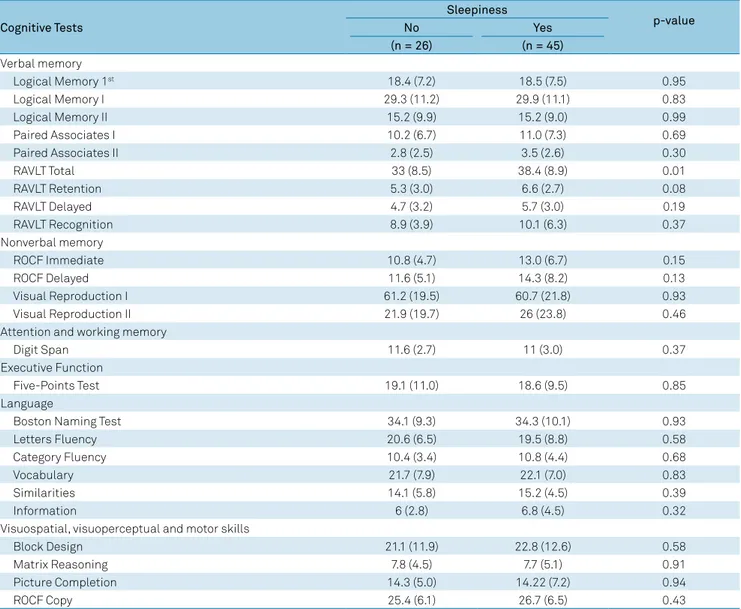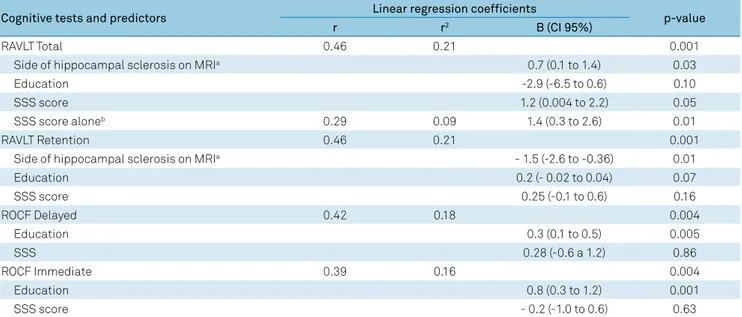METHODS Patients and presurgical evaluation
Texto
Imagem




Documentos relacionados
that psychiatric symptoms presage temporal lobe tumors and that presence of mesial temporal sclerosis is protec- tive against schizophrenia-like psychosis in patients with
Ammon’s horn sclerosis: a malde- velopmental disorder associated with temporal
Purpose: To examine temporal pole (TP) signal and quantitative changes in temporal lobe epilepsy (TLE) patients with hippocampal sclerosis (HS) using coronal
Purpose: To examine temporal pole (TP) signal and quantitative changes in temporal lobe epilepsy (TLE) patients with hippocampal sclerosis (HS) using coronal
atrophy (HA) and increased T2 signal in limbic struc- tures are a frequent MRI finding related with mesial temporal sclerosis (MTS) identified in patients with mesial temporal
Longer epilepsy duration and multiple lobe involvement predict worse seizure outcomes for patients with refractory temporal lobe epilepsy associated with neurocysticercosis..
Patterns of seizure control in patients with mesial temporal lobe epilepsy with and without hippocampus sclerosis. Fischer RS, Acevedo C, Arzimanoglou A, Bogacz A, Cross
Mesial temporal lobe sclerosis (MTS) is the major underlying cause of MTLE, and it is present in 60-70% of patients with MTLE who undergo surgery for treatment of medically